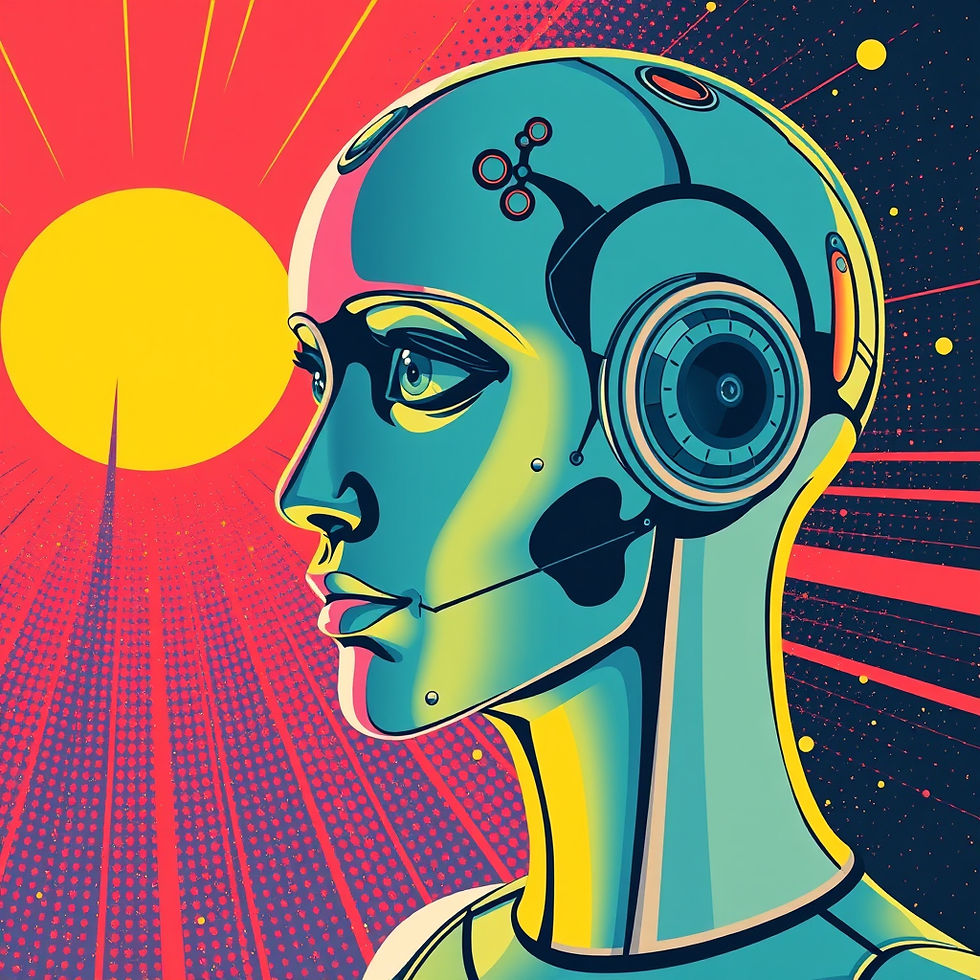AI+Gov / The World's First AI Law is Here
- Kat Usop

- Aug 17, 2025
- 3 min read
In a rapidly evolving digital world, the European Union has taken a historic step to regulate a technology that many consider the most transformative of our time: artificial intelligence. The EU AI Act, published in July 2024, is the world's first comprehensive legal framework for AI. It is designed to ensure that AI systems are safe, transparent, and respectful of fundamental rights. The Act's core principle is a risk-based approach, creating a tiered system of regulation that applies different rules to AI systems depending on the level of risk they pose to society.
The Act's Risk-Based Approach
The EU AI Act classifies AI systems into four distinct risk categories:
Unacceptable Risk: AI systems that pose a clear threat to people's safety, livelihoods, or rights are outright banned. This includes practices like social scoring by governments, AI systems that exploit human vulnerabilities, and real-time remote biometric identification in public spaces for law enforcement purposes.
High Risk: These are AI systems that could cause significant harm to health, safety, or fundamental rights. The Act imposes strict requirements on these systems, which are used in critical areas like healthcare (e.g., surgical robots), education, employment, and law enforcement. Providers of high-risk AI must undergo rigorous assessments and maintain detailed documentation before they can be deployed.
Limited Risk: This category includes AI systems that pose specific transparency risks, such as chatbots or "deepfakes" (AI-generated or manipulated images, audio, or video). Users must be informed when they are interacting with or viewing content created by AI so they can make an informed choice.
Minimal Risk: The vast majority of AI systems, such as video game AI or spam filters, fall into this category. They are largely unregulated by the Act and subject only to a voluntary code of conduct.
The "Brussels Effect" and Global Influence
The EU AI Act is not just a European law; it is a global game-changer. This is due to a phenomenon known as the "Brussels Effect," a term that describes the European Union's ability to set global regulatory standards. Because the EU is one of the world's largest and most powerful markets, any company—whether based in the United States, China, or elsewhere—that wants to do business with its 450 million consumers must comply with its regulations.
This means that major tech companies will likely choose to design their AI products to meet the EU's strict standards from the outset, rather than creating separate versions for different markets. This, in turn, will cause the EU's high-risk standards to become a de facto global benchmark. Just as the General Data Protection Regulation (GDPR) reshaped global data privacy practices, the AI Act is poised to do the same for AI governance. Countries around the world are already looking to the EU's framework as a blueprint for their own national laws.
Shaping the Future of AI
The EU AI Act represents a pivotal moment in the development of artificial intelligence. It signals a global shift from a "move fast and break things" approach to a more cautious, human-centric one. While some critics worry that the Act's stringent requirements could stifle innovation, proponents argue that it will foster trust and reliability in AI, ultimately leading to greater public adoption and long-term success.
By prioritizing ethical development and transparency, the EU is aiming to create a future where AI serves humanity, not the other way around. It is a bold statement that the ethical implications of this technology must be addressed proactively, and its influence is already beginning to ripple across the globe, shaping the future of AI for everyone.
Happy learning!



Comments